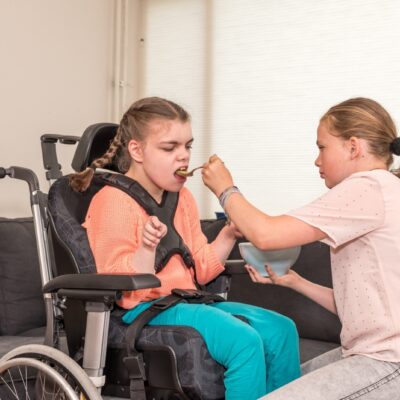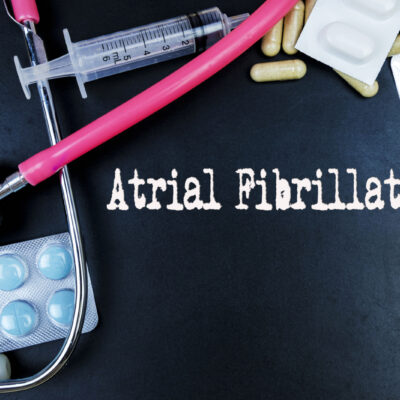
Health
Not Just a Sore Throat: Uncovering the Truth About Eosinophilic Esophagitis
Have you ever experienced a sore throat that felt like more than just a typical irritation? Perhaps it came with difficulty swallowing or the sensation that food was stuck in your throat? If these symptoms sound familiar and haven’t improved with standard treatments, you might be dealing with something more specific than you think—Eosinophilic Esophagitis (EoE). Eosinophilic Esophagitis Signs can be subtle, but they often point to a chronic issue that requires more than just a quick fix. Eosinophilic Esophagitis Treatment options are available, but understanding the condition is the first step toward relief. 1. Understanding eosinophilic esophagitis Eosinophilic Esophagitis, or EoE, is a chronic immune-mediated condition where a type of white blood cell, the eosinophil, accumulates in the esophagus. This buildup is typically driven by an allergic reaction to certain foods or environmental triggers and leads to inflammation that can damage the esophageal lining. It’s like having an unwanted guest who just won’t leave, causing chaos and discomfort in its wake. 2. Recognizing the symptoms EoE symptoms can vary but often include trouble swallowing, chest pain, persistent sore throat, and reflux that doesn’t respond to medication. These symptoms are frequently mistaken for gastroesophageal reflux disease (GERD), but unlike GERD, EoE doesn’t typically respond to antacid treatments.
Read More 













